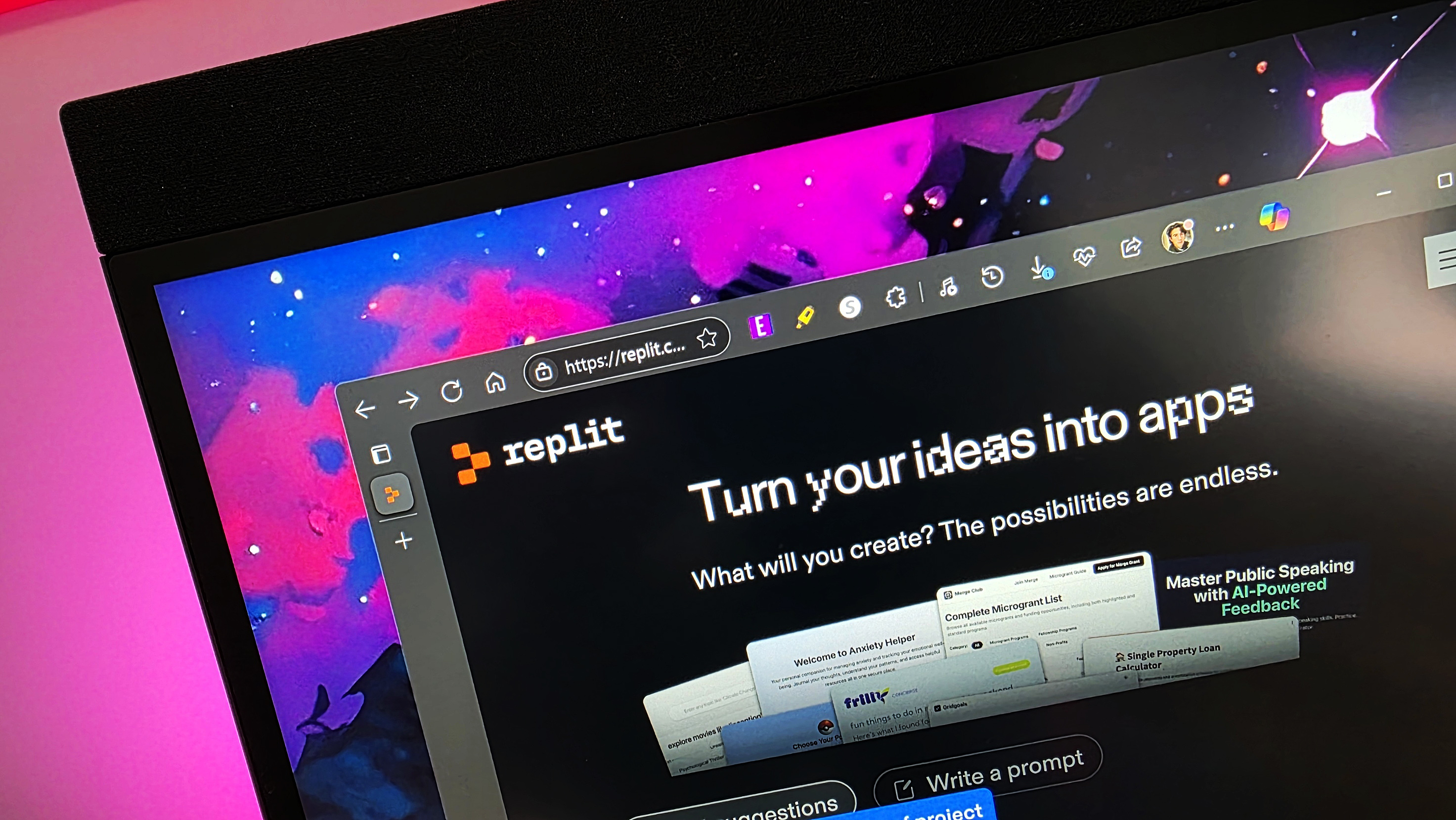
Replit is arguably one of the fastest-rising and most promising AI companies in the United States, focusing on natural language application development through its Agent platform. It's increasingly becoming apparent that companies venturing into the AI landscape require exorbitant amounts of cloud computing power for their advances.
This week, the AI company announced a new partnership with Microsoft, which means its services will be available on the tech giant's enterprise cloud app store — Azure Marketplace (via TechCrunch).
The lucrative deal will also include Replit integrating its services across Microsoft's cloud services, including containers, virtual machines, and Neon Serverless Postgres. It's worth noting that Neon is Microsoft’s version of Postgres, an open-source database engine.
Replit already supports Postgres, which means that the integration of this service into Azure will boost the service's performance while simultaneously simplifying deployment.
As such, Microsoft will be able to generate revenue through Replit subscriptions from Azure.
What does this mean for Replit and Google Cloud?
With more corporations hopping onto the AI bandwagon and introducing the technology into their workflow, including coding, services of companies like Replit are gaining widespread adoption. Replit essentially broke out vibe coding, a new approach to software development that heavily relies on generative AI to generate, refine, and debug code.
Interestingly, Replit CEO Amjad Masad recently revealed that the company scaled from $10 million in annual recurring revenue to $100 million in approximately six months.
As you may know, Replit has hosted its apps on Google Cloud, but its new partnership deal with Microsoft changes things. Replit's new partnership with Microsoft is non-exclusive, which means that it'll also continue working with Google.
The new deal expands Replit's reach to new customers on Microsoft's Azure Marketplace. Microsoft is uniquely positioned to benefit from this deal as it could spark revenue generation and developer engagement. However, Google Cloud stands to lose some share of apps developed and deployed through Replit.







